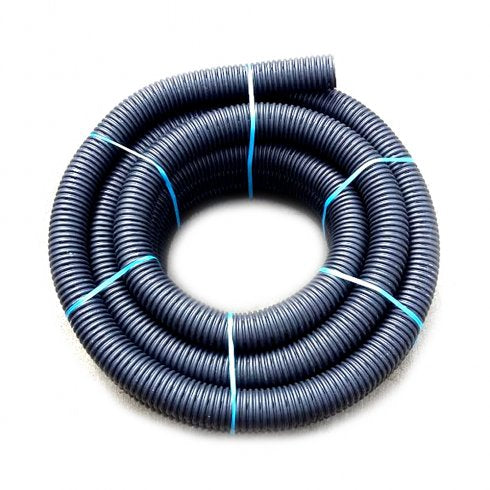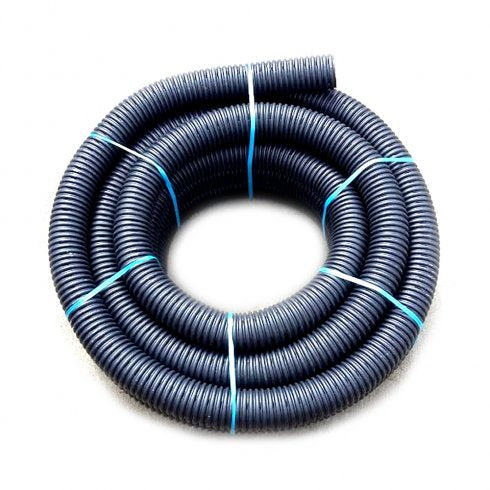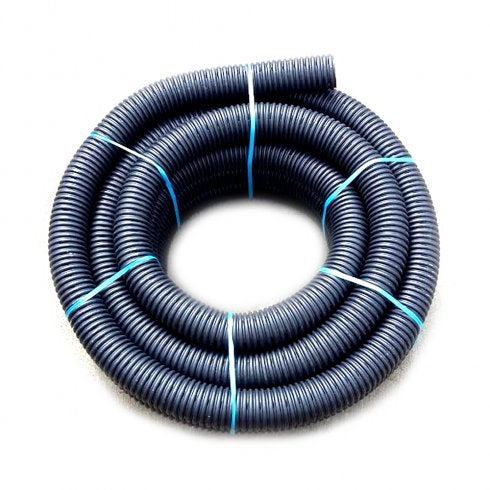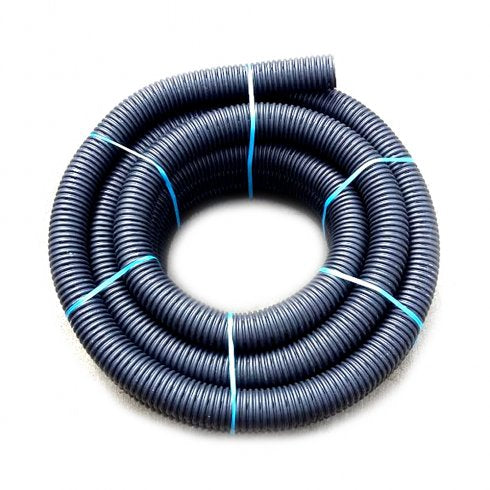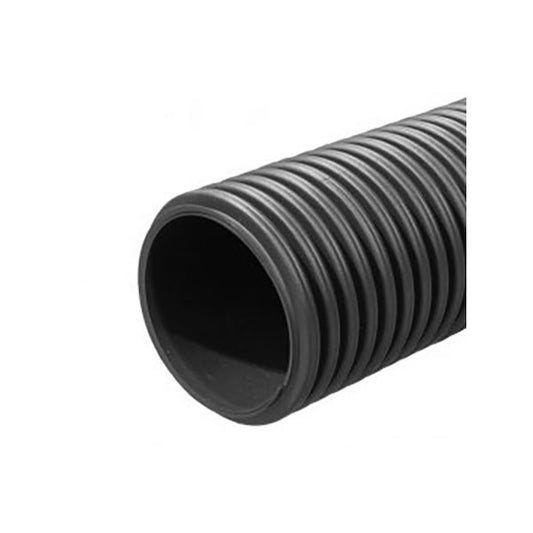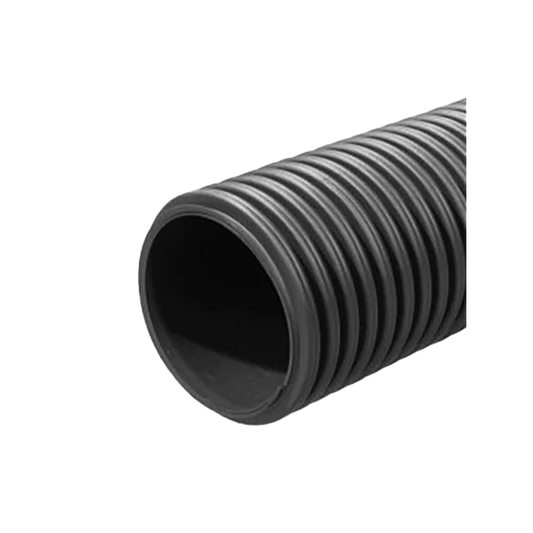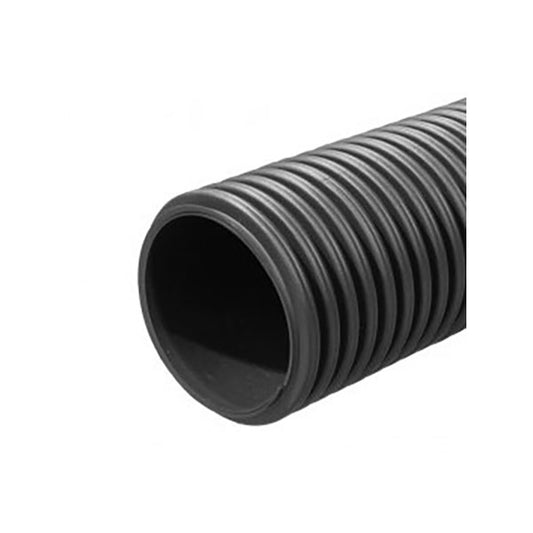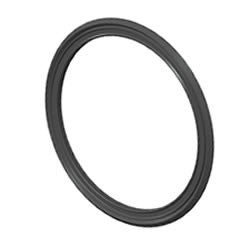With Brexit done and the Agriculture Bill now passed, it is clear that the farming sector is set for real change in the coming years. But what might that look like?
The challenge ahead
With the global population predicted to exceed 9 billion by 2050 of which a third are expected to live in urban areas it’s no wonder food security is set to be a worldwide issue going forward. In the next 30 years, farmers and growers must increase production by 70% from current levels to meet the demand while political, environmental and social pressures continue to build.
The industry buzzword of the moment – “sustainability” – is gaining popularity all over the world. With the UN predicting just 60 harvests left if current intensification of agriculture is continued, we are likely to see an increased drive towards more sustainable methods of food production in the future.
Some food for thought
- Regenerative Agriculture – The concept of ‘Regenerative Agriculture’ is one approach being suggested. This involves creating an integrated and holistic farm management system that will improve soil health through the build-up of soil organic matter, maximising crop diversity in the rotation and reintroducing stock on arable farms to promote greater economic and environmental resilience going forward. With the new Agriculture Act incentivising farmers to carry out work that will achieve these environmentally beneficial goals, Regenerative Agriculture principles are likely to be implemented in farming systems in the future.
- Indoor vertical farming/urban farming – Another solution suggested to help upscale food production particularly in the leafy greens sector. The idea of growing crops in a controlled environment means yields/m2 are much higher and can be reached faster through the exposure of optimum wavelengths of light (blue and red ranges) 24 hours a day and the closed system significantly reduces the risk of weeds, pests and diseases, and therefore reliance on agrochemicals, compared to outdoor farms. These systems are already cropping up in places and have been found to significantly reduce the food miles from the production site (a building/basement in an urban area) to the supermarket shelf.
- Autonomy in agriculture – Machine telematics and automatic guidance have given the arable sector a greater understanding of unit cost production. More extreme weather patterns and stricter chemical use legislation are some key drivers behind why we must optimise the use of our resources and do so in the tighter weather windows we are experiencing. Autonomising processes, such as crop monitoring, will allow spot spray applications to be applied, significantly reducing chemical use. In the livestock sector, sensors have led to the earlier intervention of identifying animal health issues (sometimes before signs are even visible) and 24-hour operation of robotic milking parlours has helped overcome the labour shortage issue in the sector and increased the safety of the task.
Getting the basics right
Productive topsoil, despite it being under threat from erosion and compaction, forms the basis of life on Earth and will undoubtedly remain as one of our most valuable natural assets. No matter what the future of British agriculture holds, ensuring basic soil management practices are in place will be fundamental to farm businesses. Making sure land drainage is working effectively reduces the risk of grassland and crops lying in waterlogged, anaerobic conditions. When considering the Regenerative Agriculture approach to sustainable farming, building a happy underground ecosystem starts with good soil drainage from which greater yields can then be achieved, as well as a more productive and sustainable farming future.
Written by guest author: Tim Cotterill – son of our MD and a fourth-generation farmer, studying Farm Business Management at Harper Adams University.
How can we help?
At Cotterill’s we offer a wide range of land drainage options at competitive prices – call us today for more information on 0121 351 3230.
Alternatively, fill out our enquiry form:






